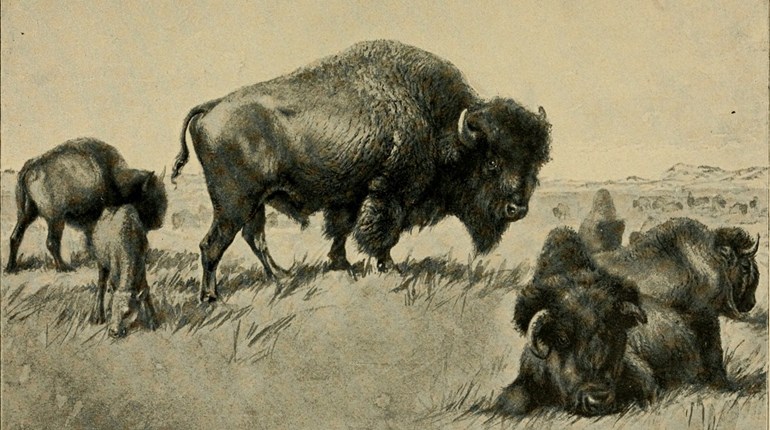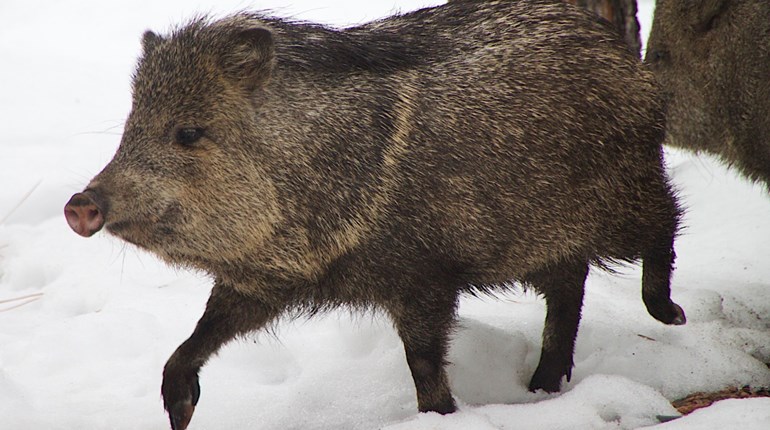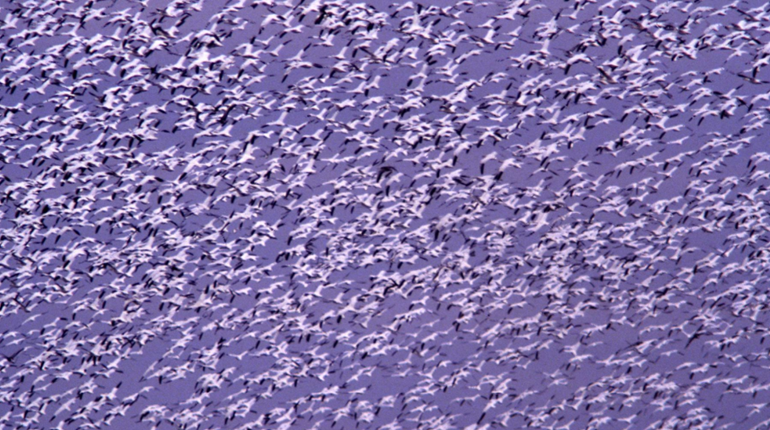
The fall hunting seasons are rapidly approaching—and anticipation is rapidly building throughout the nation. Those who pursue waterfowl, though, may have reason to give pause, courtesy of a report from Delta Waterfowl. The conservation group is now forecasting a reduced fall duck flight.
Delta released the report earlier this week, after analyzing and interpreting wetland conditions reports from the organization's field researchers and the U.S. Fish and Wildlife Service pilots who conducted the annual survey of breeding ducks and habitat. According to the study, many areas of the critical breeding habitat, spring pond conditions have simply been too dry.
“A remarkably high number of returning ducks had to compete for a remarkably low number of wetlands,” said Dr. Frank Rohwer, Delta Waterfowl president and chief scientist. “That doesn’t mean good things for duck production.”
 The Waterfowl Breeding Population and Habitat Survey, a joint effort of the U.S. Fish and Wildlife Service and Canadian Wildlife Service since 1955, has traditionally been released in late June or early July. However, the USFWS has changed its process for setting season frameworks. The 2016-2017 seasons were set earlier this spring, using data from the 2015 survey. What that means, obviously, is that it's too late for the report to have any effect on the 2016-2017 season framework.
The Waterfowl Breeding Population and Habitat Survey, a joint effort of the U.S. Fish and Wildlife Service and Canadian Wildlife Service since 1955, has traditionally been released in late June or early July. However, the USFWS has changed its process for setting season frameworks. The 2016-2017 seasons were set earlier this spring, using data from the 2015 survey. What that means, obviously, is that it's too late for the report to have any effect on the 2016-2017 season framework.
The fall flight—which consists of the breeding population plus juvenile ducks—is of particular importance to hunters. As the report notes, great hunting seasons are born of great duck production. Neither appears to be on the menu for 2016.
One of the major problems, the report explains, is pond count. After a below-average winter snowpack and dry, mild spring, Delta expects the annual breeding survey's May pond count to fall below the long-term average for the first time since 2008.
“We haven’t seen a below-average pond count in a long, long time,” Rohwer said. “I think we could decline from last year’s count of 6.3 million to fewer than 4 million, which we haven’t seen since 2003. Dry conditions almost certainly led to a lower initial nesting effort, a substantially reduced renesting effort and lower duckling survival in many areas of the breeding grounds."
According to Delta's biologists and USFWS pilots, dry conditions were most severe across the prairie grasslands of the Dakotas and southern edges of Alberta, Saskatchewan and Manitoba. Low pond counts can also decrease breeding population estimates, as species will overfly those dry prairies and settle farther north.
Delta does include a few tidbits to leave hunters optimistic, however. A record breeding population in 2015 is expected to minimize the declines.
“The total duck estimate should remain strong,” Rohwer said. “Last year, the overall population estimate was 49.5 million, so I suspect we will still exceed 40 million ducks."
For more information, go to DeltaWaterfowl.org.





































